1-CHLORO-2-METHYL-1-PROPENE
Synonym(s):Isocrotyl chloride
- CAS NO.:513-37-1
- Empirical Formula: C4H7Cl
- Molecular Weight: 90.55
- MDL number: MFCD00000924
- EINECS: 208-158-4
- SAFETY DATA SHEET (SDS)
- Update Date: 2025-06-13 14:48:16

What is 1-CHLORO-2-METHYL-1-PROPENE?
Chemical properties
Liquid.
The Uses of 1-CHLORO-2-METHYL-1-PROPENE
Dimethylvinyl chloride is not used commercially, but is used for research purposes. It has been used in organic syntheses and as a chemical intermediate for the production of isobutylene compounds for laboratory use (IARC 1995, HSDB 2009).
The Uses of 1-CHLORO-2-METHYL-1-PROPENE
1-Chloro-2-methylpropene was used to study multiple infrared photon excitation of α-chloro olefins.
Definition
ChEBI: 1-Chloro-2-methylpropene is an organochlorine compound.
General Description
Clear dark yellow to pale orange liquid.
Air & Water Reactions
Highly flammable. May be sensitive to prolonged exposure to air and light. Slightly soluble in water.
Reactivity Profile
1-CHLORO-2-METHYL-1-PROPENE is incompatible with strong oxidizing agents and strong bases.
Hazard
Carcinogen; neoplastigen; moderately toxic; local irritant, and narcotic.
Fire Hazard
1-CHLORO-2-METHYL-1-PROPENE is flammable.
Carcinogenicity
Dimethylvinyl chloride is reasonably anticipated to be a human carcinogen based on sufficient evidence of carcinogenicity from studies in experimental animals.
Properties of 1-CHLORO-2-METHYL-1-PROPENE
| Melting point: | -96°C (estimate) |
| Boiling point: | 68 °C (lit.) |
| Density | 0.92 g/mL at 25 °C (lit.) |
| refractive index | n |
| Flash point: | 30 °F |
| solubility | Chloroform (Soluble), Ethyl Acetate (Slightly) |
| form | Oil |
| color | Colourless |
| Merck | 2147 |
| BRN | 1733843 |
| Stability: | Volatile |
| IARC | 2B (Vol. 63) 1995 |
| EPA Substance Registry System | Dimethylvinyl chloride (513-37-1) |
Safety information for 1-CHLORO-2-METHYL-1-PROPENE
| Signal word | Danger |
| Pictogram(s) |
 Flame Flammables GHS02  Skull and Crossbones Acute Toxicity GHS06  Health Hazard GHS08 |
| GHS Hazard Statements |
H225:Flammable liquids H311:Acute toxicity,dermal H315:Skin corrosion/irritation H319:Serious eye damage/eye irritation H330:Acute toxicity,inhalation H335:Specific target organ toxicity, single exposure;Respiratory tract irritation H350:Carcinogenicity |
| Precautionary Statement Codes |
P201:Obtain special instructions before use. P210:Keep away from heat/sparks/open flames/hot surfaces. — No smoking. P280:Wear protective gloves/protective clothing/eye protection/face protection. P305+P351+P338:IF IN EYES: Rinse cautiously with water for several minutes. Remove contact lenses, if present and easy to do. Continuerinsing. |
Computed Descriptors for 1-CHLORO-2-METHYL-1-PROPENE
New Products
Indole Methyl Resin tert-butyl 9-methoxy-3-azaspiro[5.5]undecane-3-carboxylate Boc-His(Boc)-OH 2-CTC Resin 4-Chloro-7-tosy1-7Hpyrrolo[2,3-d]pyrimidine 5,7-Dibromo-1H-indole 2,5-dichloro-N-hydroxy-4,6-dimethylpyridine-3-carboximidamide 2,2-Dimethoxy-7-azaspiro[3.5]nonane hydrochloride 4-chloromethyl-5-methyl-1,3-dioxol-2-one (DMDO-Cl) R-2-BENZYLOXY PROPIONIC ACID 1,1’-CARBONYLDIIMIDAZOLE 1,1’-CARBONYLDI (1,2-4 TRIAZOLE) N-METHYL INDAZOLE-3-CARBOXYLIC ACID 4-((2-hydroxyethyl)thio)benzoic acid 1-(TERT-BUTOXYCARBONYL)-2-PYRROLIDINONE Methyl 6-methylnicotinate 3-Pyridineacrylic acid tert-Butyl carbazate TETRAHYDRO-2H-PYRAN-3-OL 2-((4-morpholinophenylamino) (methylthio) methylene) malononitrile 3-(4-morpholinophenylamino)-5-amino-1H-pyrazole-4-carbonitrile 2,4-dihydroxybenzaldehyde 1,3-Diethyl-1,3-Diphenylurea Methyl 2-methylquinoline-6-carboxylateRelated products of tetrahydrofuran
![1,1-DICHLORO-2,2-BIS[4-CHLORO-PHENYL]ETHYLENE-RING-UL-14C](https://img.chemicalbook.in/CAS/GIF/105184-12-1.gif)
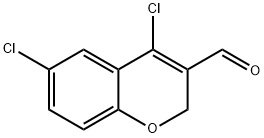
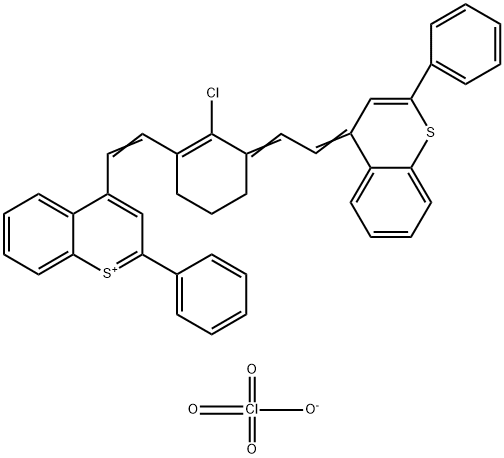
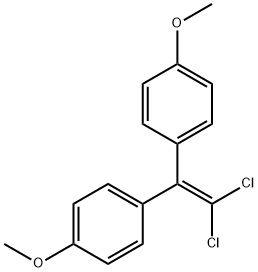

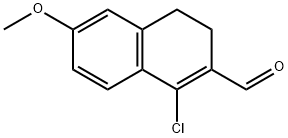
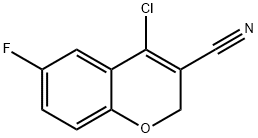

You may like
-
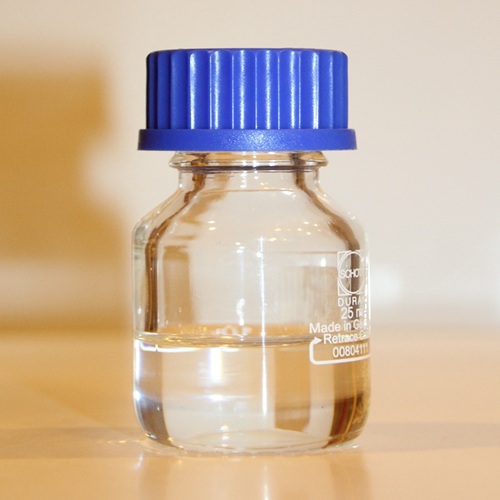 Pyridine 99.5% HPLC /UV SpectroscopyView Details
Pyridine 99.5% HPLC /UV SpectroscopyView Details
110-86-1 -
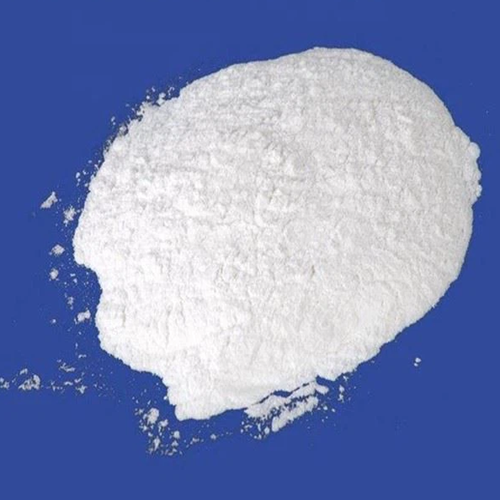 Guanine , 99%View Details
Guanine , 99%View Details
73-40-5 -
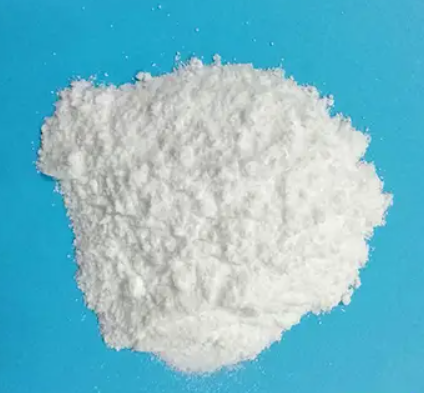 Piperazine Spot supply, best priceView Details
Piperazine Spot supply, best priceView Details
110-85-0 -
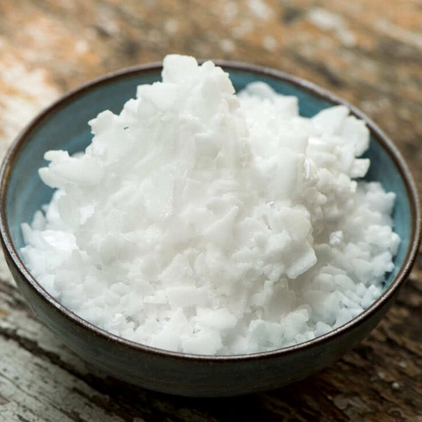 Potassium Hydroxide 90%View Details
Potassium Hydroxide 90%View Details
1310-58-3 -
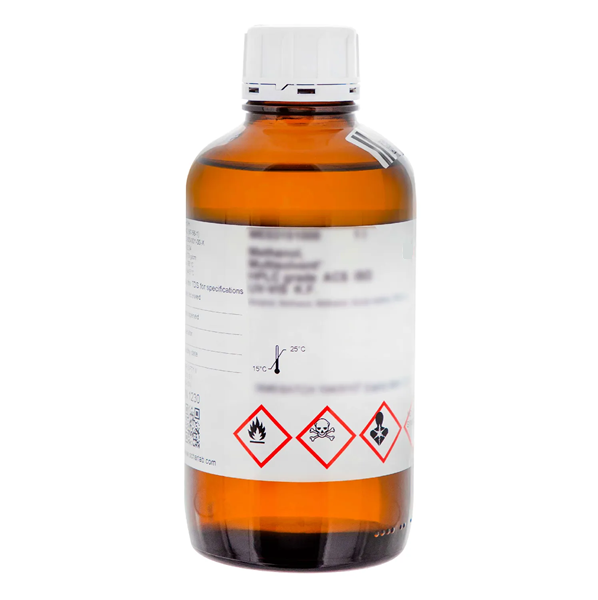 Dibutyl PhthalateView Details
Dibutyl PhthalateView Details
84-74-2 -
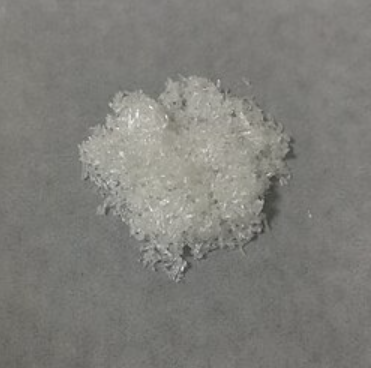 Imidazole Spot supply, competitive priceView Details
Imidazole Spot supply, competitive priceView Details
288-32-4 -
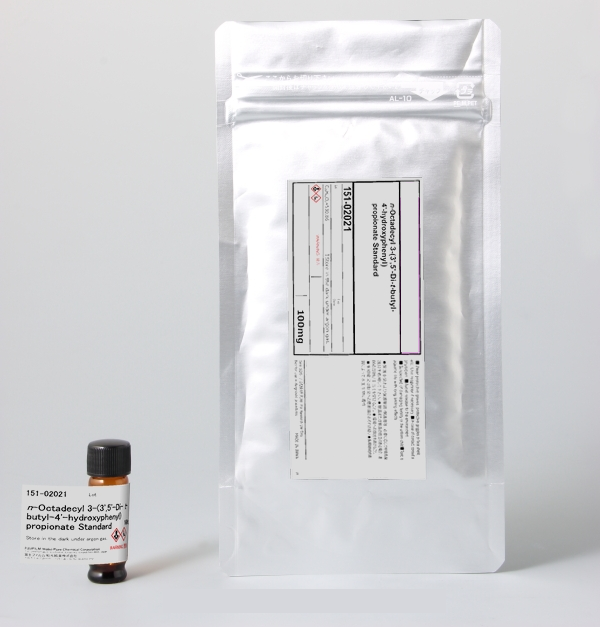 Octadecyl 3-(3,5-di-tert-butyl-4-hydroxyphenyl)propionate 98% (GC)View Details
Octadecyl 3-(3,5-di-tert-butyl-4-hydroxyphenyl)propionate 98% (GC)View Details
2082-79-3 -
 Thiourea 99% ARView Details
Thiourea 99% ARView Details
62-56-6
